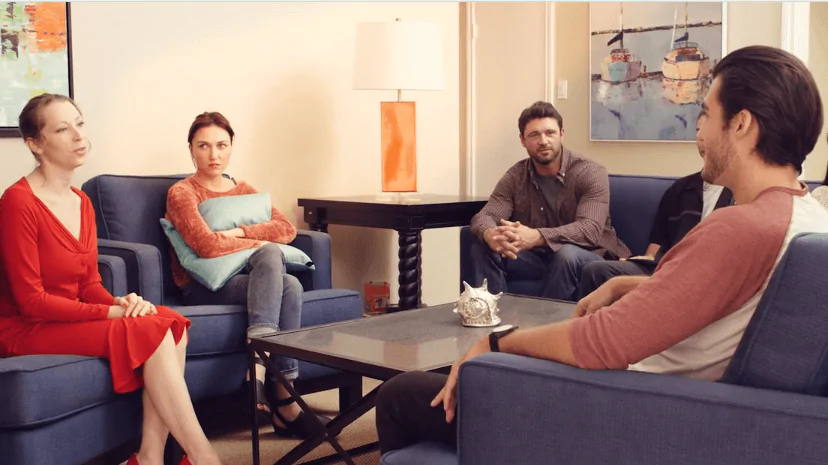24/7 Helpline:
(866) 899-221924/7 Helpline:
(866) 899-2219
Learn more about Anxiety Treatment centers in Declo
Anxiety Treatment in Other Cities

Other Insurance Options

Private insurance

Cigna

Health Choice

Premera

CareSource

Aetna

Medical Mutual of Ohio

BHS | Behavioral Health Systems

Sutter

Covered California

EmblemHealth

Highmark

Absolute Total Care

Holman Group

Molina Healthcare

CareFirst

BlueCross

ComPsych

Amerigroup

Self-pay options









Region V Mental Health Services
Region V Mental Health Services is a public rehab located in Burley, Idaho. Region V Mental Health S...

Preferred Child And Family Services
Preferred Child And Family Services is a private rehab located in Burley, Idaho. Preferred Child And...

Pro Active Advantage
Pro Active Advantage is a private rehab located in Burley, Idaho. Pro Active Advantage specializes i...








Pathways – Burley
Pathways – Burley is a private rehab located in Burley, Idaho. Pathways – Burley specializes in the ...

A+ Solutions
A+ Solutions is a private rehab located in Burley, Idaho. A+ Solutions specializes in the treatment ...

Paradise Creek Recovery Center
Paradise Creek Recovery Center is a private rehab located in Malta, Idaho. Paradise Creek Recovery C...

Options Counseling
Options Counseling is a private rehab located in Burley, Idaho. Options Counseling specializes in th...















